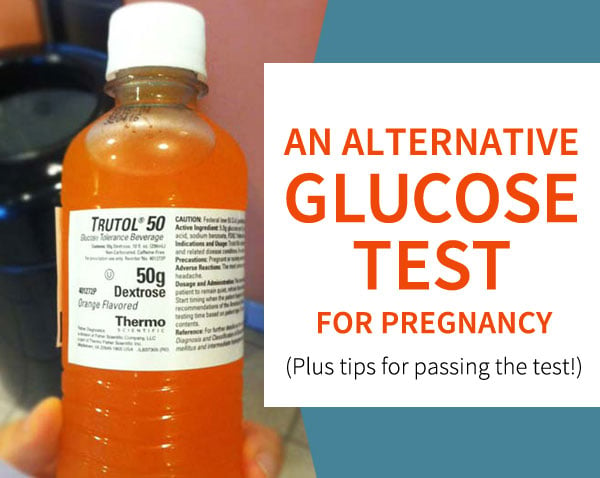
Pregnancy Glucose Test: A Comprehensive Guide
Introduction
During pregnancy, it is crucial for expectant mothers to undergo various medical tests to ensure the well-being of both themselves and their unborn child. One such essential test is the pregnancy glucose test, also known as the gestational diabetes screening test. This test helps identify women at risk of developing gestational diabetes, a condition that can lead to complications during pregnancy and delivery.
What is Gestational Diabetes?
Gestational diabetes is a type of diabetes that develops during pregnancy. It occurs when the body is unable to produce enough insulin, a hormone that helps glucose enter cells for energy. As a result, glucose levels in the blood rise, which can harm both the mother and the baby.
Risk Factors for Gestational Diabetes
Certain factors increase the risk of developing gestational diabetes, including:
- Obesity or being overweight
- Family history of diabetes
- Age over 25
- Previous history of gestational diabetes
- Polycystic ovary syndrome (PCOS)
- Certain ethnicities (e.g., African American, Hispanic, Native American)
Importance of the Pregnancy Glucose Test
The pregnancy glucose test is crucial for identifying women at risk of developing gestational diabetes. Early detection and management of this condition can help prevent or minimize complications for both the mother and the baby.
Types of Pregnancy Glucose Tests
There are two main types of pregnancy glucose tests:
-
One-Hour Glucose Screening Test (50g Glucose Challenge): This test involves drinking a sugary drink containing 50 grams of glucose and then having a blood test one hour later.
-
Three-Hour Glucose Tolerance Test (100g Glucose Challenge): This test is more comprehensive and involves drinking a sugary drink containing 100 grams of glucose and then having blood tests at one, two, and three hours later.
Procedure for the Pregnancy Glucose Test
-
One-Hour Glucose Screening Test: You will be asked to drink a sugary drink containing 50 grams of glucose. One hour later, a blood sample will be taken from your arm to measure your blood glucose level.
-
Three-Hour Glucose Tolerance Test: You will be asked to drink a sugary drink containing 100 grams of glucose. Blood samples will be taken from your arm at one, two, and three hours later to measure your blood glucose levels.
Interpretation of Results
The results of the pregnancy glucose test are interpreted based on the following guidelines:
One-Hour Glucose Screening Test:
- Normal: Blood glucose level below 140 mg/dL
- Borderline: Blood glucose level between 140 and 199 mg/dL
- High: Blood glucose level of 200 mg/dL or higher
Three-Hour Glucose Tolerance Test:
- Normal: Blood glucose levels below 95 mg/dL (fasting), 180 mg/dL (one hour), 155 mg/dL (two hours), and 140 mg/dL (three hours)
- Gestational Diabetes: Blood glucose levels meet or exceed any of the following thresholds: 95 mg/dL (fasting), 180 mg/dL (one hour), 155 mg/dL (two hours), or 140 mg/dL (three hours)
Follow-Up
If your pregnancy glucose test results indicate borderline or high blood glucose levels, you will likely be referred for further testing to confirm the diagnosis of gestational diabetes. This may include a repeat three-hour glucose tolerance test or continuous glucose monitoring.
Management of Gestational Diabetes
If you are diagnosed with gestational diabetes, you will need to work closely with your healthcare provider to manage your blood glucose levels. This may involve:
- Dietary modifications: Eating a healthy diet low in carbohydrates and sugar
- Exercise: Engaging in regular physical activity
- Blood glucose monitoring: Checking your blood glucose levels regularly using a glucose meter
- Insulin therapy: In some cases, insulin injections may be necessary to control blood glucose levels
Benefits of Early Detection and Management
Early detection and management of gestational diabetes can help prevent or minimize complications for both the mother and the baby, including:
- For the Mother: Preeclampsia, premature birth, cesarean delivery, and future development of type 2 diabetes
- For the Baby: Macrosomia (large birth weight), hypoglycemia (low blood sugar), respiratory distress syndrome, and increased risk of obesity and type 2 diabetes later in life
Conclusion
The pregnancy glucose test is an essential tool for identifying women at risk of developing gestational diabetes. Early detection and management of this condition can significantly improve outcomes for both the mother and the baby. If you are pregnant, it is important to discuss the pregnancy glucose test with your healthcare provider and follow their recommendations to ensure the well-being of yourself and your child.